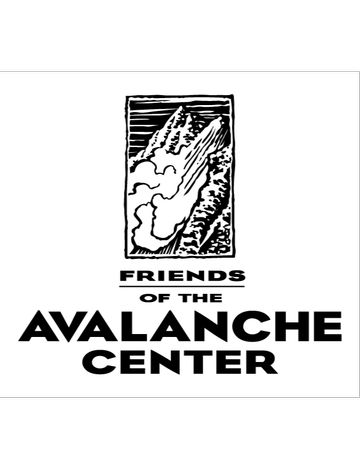
Friends of GNFAC: Avalanche Fundamentals January Motorized Field Days at Buck Ridge (Big Sky)
Details
Avalanche Fundamentals is an introduction to avalanche basics. It covers the basics of weather observations, snowpack development, avalanche terrain identification, travel techniques and companion rescue.
An online lecture series & pre course meeting accompanies this field course. A 6 hour on-snow field day will give students a chance to practice theories learned in lectures, and get hands on with our experienced team of instructors.
What you will learn:
-
Relevant components of mountain weather
-
Application of local Avalanche Forecast
-
Identify avalanche terrain
-
Snowpack Observations
-
Travel techniques in the backcountry
-
Companion rescue techniques
Ability Requirements
-
Participants must have the preparedness to be outside for the entire day and take care of themselves in winter conditions with adequate layers, hydration and fueling.
-
Participants in the motorized field day must have their own machine, protective gear and feel comfortable with basic backcountry riding, no tandem riding permitted. This course involves a mix of trail riding and off trail riding, for the safety of all participants and staff we ask that you are capable of riding 20 + miles and can navigate varying terrain.
-
The motorized field day is for people using snowmobiles or snow bikes as their primary form of travel in the backcountry, we teach ski/ board based courses as well!
-
Beginners are welcome, please familiarize yourself with your machine before the course.
Equipment Requirements
* for motorized courses if you do not show up prepared you will not be allowed to participate in the field day, this is for the safety of our staff and other students*
-
Modern, 3 antenna beacon with fresh batteries
-
Avalanche Shovel (These are metal and specific to digging/chopping in firm, icy snow, extendable handles are strongly encouraged)
-
Avalanche Probe (At least 240cm or more)
-
backpack/ vest to carry avalanche gear on your body
-
Functioning snowmobile, or snowbike, full tank of gas, equipment for basic field repairs
-
Full face Helmets required
-
Radios for group communication recommended
-
Phone or gps with maps downloaded “offline” strongly encouraged for motorized courses